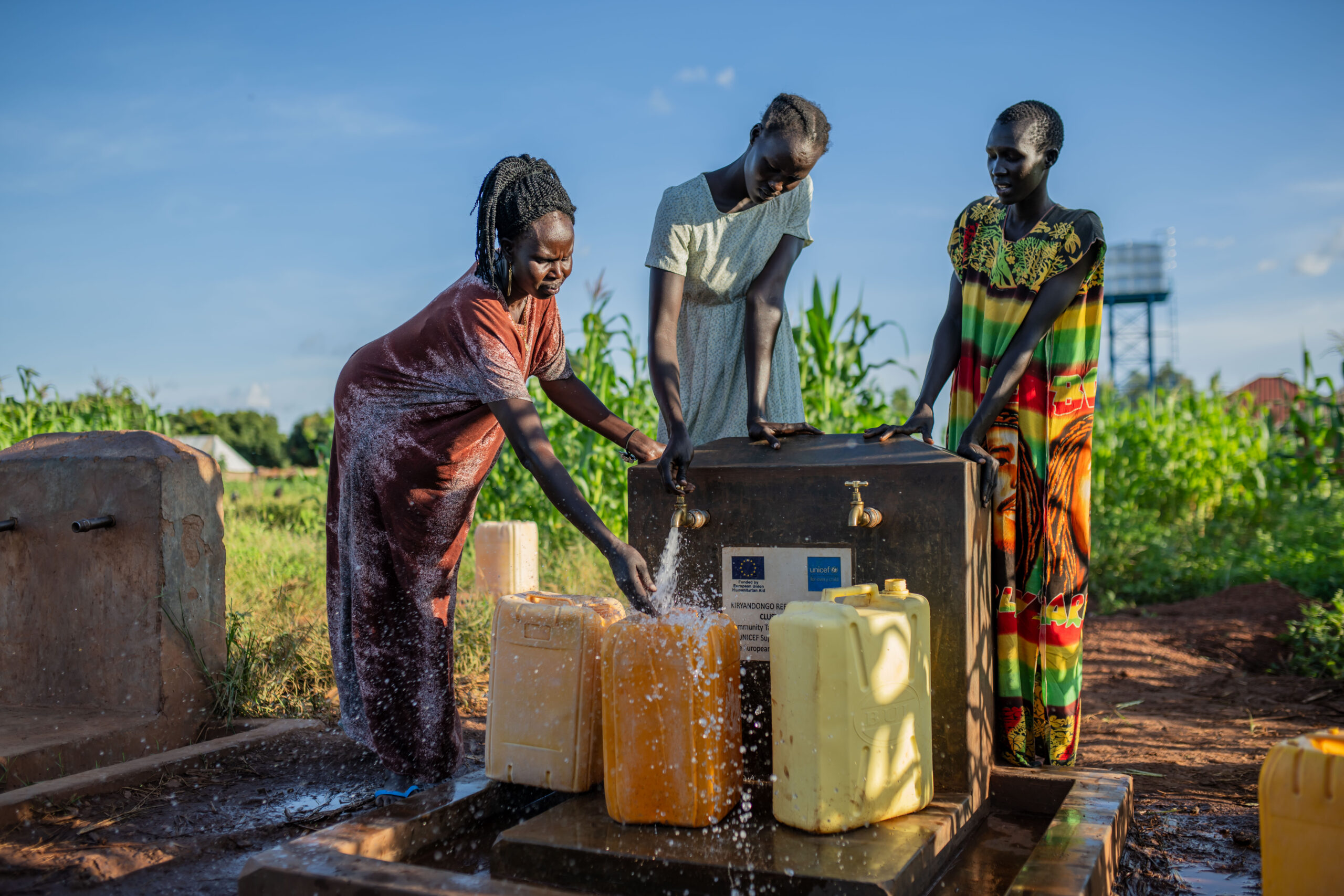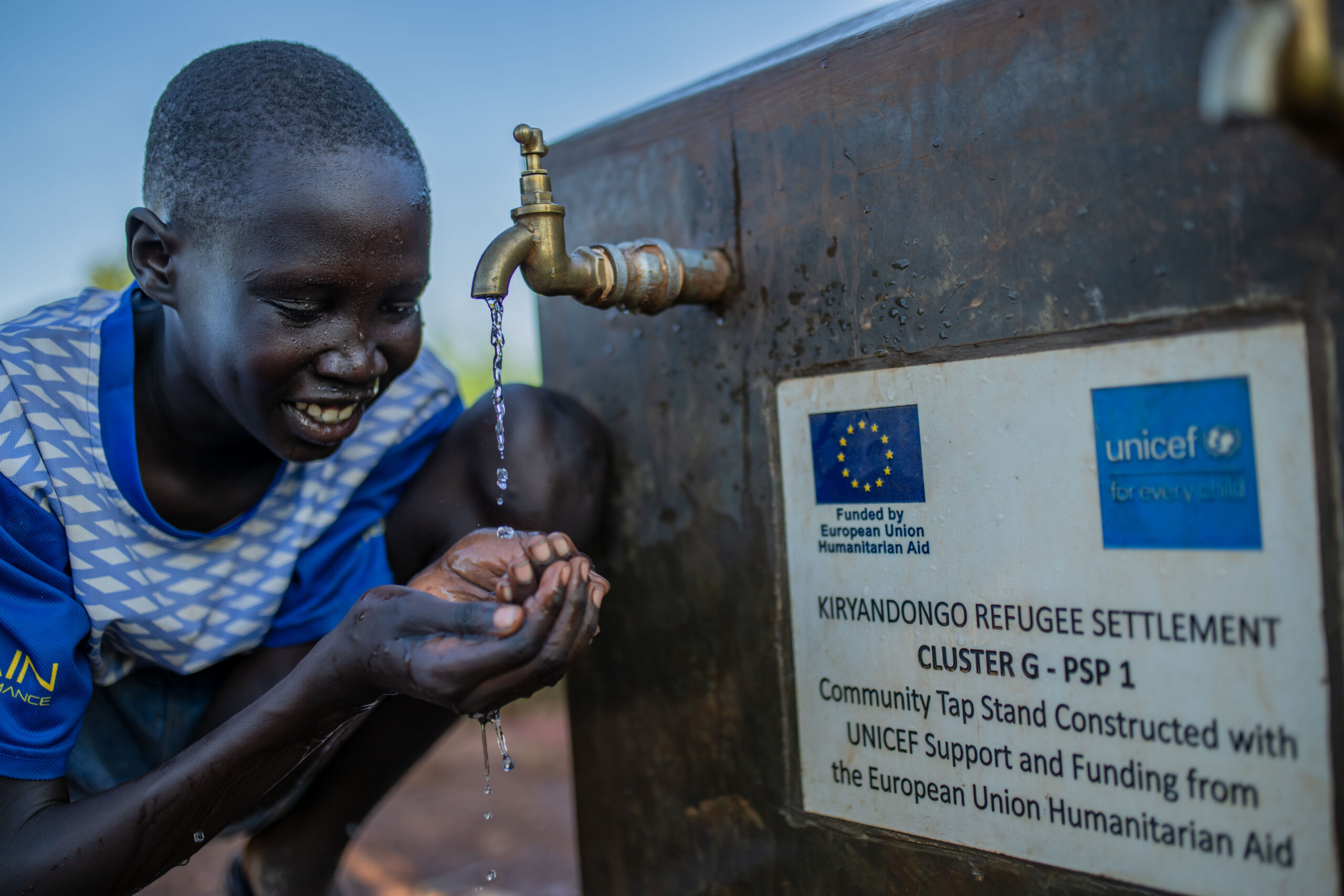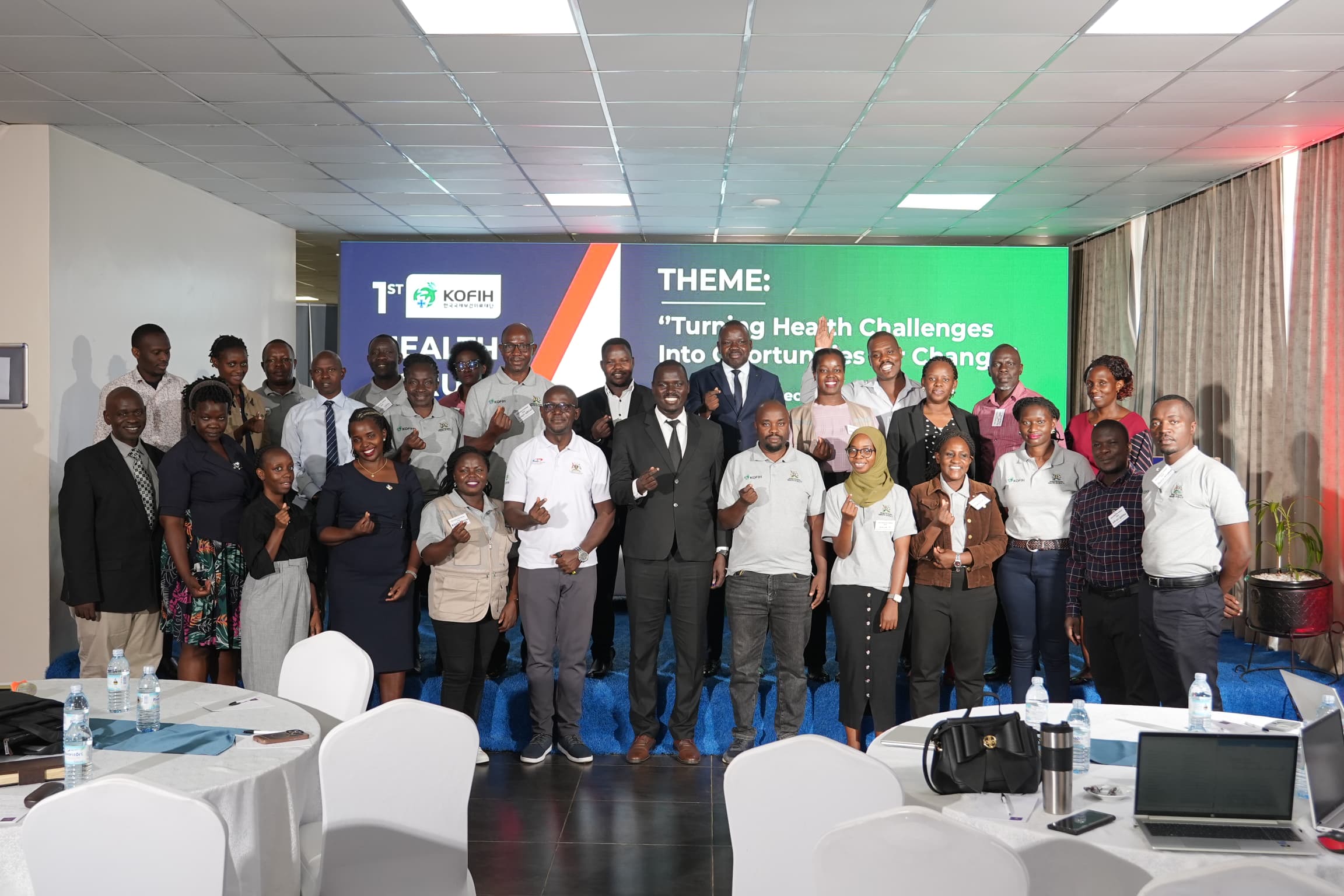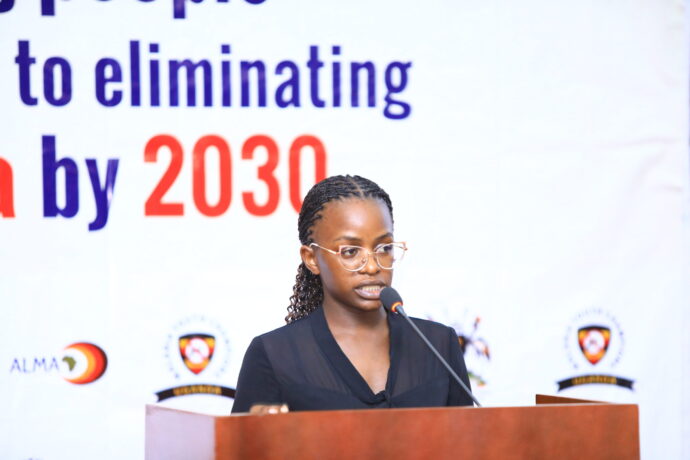
Thousands of refugees in Kiryandongo Refugee Settlement are breathing a sigh of relief following the completion of two new solar-hybrid piped water systems that have ended years of daily treks in search of clean water.

The systems, funded by the European Union’s Civil Protection and Humanitarian Aid Operations (DG ECHO) and implemented by UNICEF in partnership with the Lutheran World Federation (LWF), are now providing safe, reliable water to both refugees and host communities in the mid-western district.
The innovative hybrid systems were constructed between July and October 2025 and are already serving residents in Clusters C and G of the settlement, which is home to more than 165,000 refugees who fled conflict and insecurity in South Sudan, Sudan, the Democratic Republic of Congo, and Kenya.
“I used to spend almost the whole day walking three kilometres to the water point,” said Habib Ahmad, a 30-year-old refugee from Sudan who arrived in January. “Now I just walk a few metres. It takes me 10 or 15 minutes, and I’m done. UNICEF and the European Union have solved our water problem. People were really suffering.”
According to Liam Kelly, Head of EU Humanitarian Aid in Uganda, the project reflects the European Union’s drive toward environmentally friendly humanitarian assistance.
“This project demonstrates the European Union’s commitment to greening its humanitarian aid through sustainable, life-saving assistance to refugees and their host communities,” Kelly said.
“By investing in solar energy and resilient water systems, we are building a better future for the most vulnerable.”
The systems draw water from deep underground wells using submersible pumps powered by 45 solar panels during the day, with diesel generators providing backup at night or during cloudy weather. Water is transported through 2.6 kilometres of pipelines to 108-cubic-metre hilltop reservoirs, then distributed through 4.6 kilometres of pipes to 22 public standposts where residents collect water free of charge.
Before the new systems were installed, Kiryandongo’s water supply had dropped to just 9 litres per person per day, less than half of the Sphere Standard of 20 litres. With the new infrastructure in place, the settlement’s residents can now access at least 20 litres per person daily — meeting international humanitarian standards.
The project also replaces expensive water trucking, which had been the main source of water since a surge of refugees arrived in 2023. The influx had overwhelmed existing infrastructure, leaving families in new zones without access to clean water.
Beyond improving access, the new systems are expected to bring significant health, education, and social benefits. With water sources now closer to homes, women and children — who traditionally bear the burden of fetching water — can dedicate more time to education, household chores, and income-generating activities.
Access to clean water will also help prevent diarrheal diseases and skin infections, while promoting hygiene practices such as regular handwashing.
At Canrom Primary School, over 4,000 learners will now have water for drinking, handwashing, and sanitation, improving hygiene and learning conditions.
UNICEF’s Representative to Uganda, Dr. Robin Nandy, expressed gratitude to the European Union for its continued partnership in supporting refugees and host communities.
“Access to clean water is a fundamental right for children and their families,” Dr. Nandy said. “Thanks to our partnership with the European Union, refugees and host communities in Kiryandongo will no longer have to trek long hours in search of this basic service.”
Nandy added that the systems will ensure continuous access to safe and clean water for both communities, helping to restore dignity and improve daily life.
The project highlights the growing focus on sustainable humanitarian solutions that combine renewable energy and infrastructure resilience. By integrating solar technology into essential services like water supply, the EU and UNICEF aim to reduce environmental impact while meeting urgent humanitarian needs.
The success of the Kiryandongo systems is expected to serve as a model for similar refugee settlements across Uganda, which hosts over 1.5 million refugees, the largest number in Africa.




